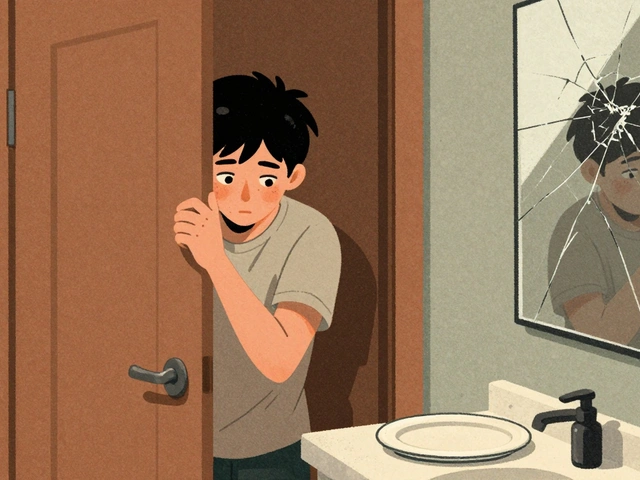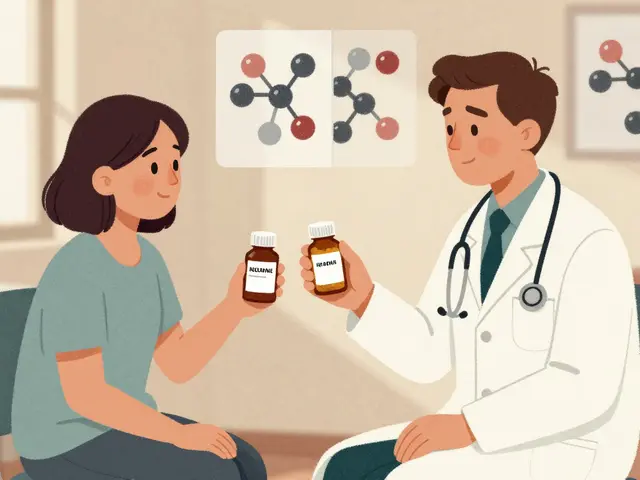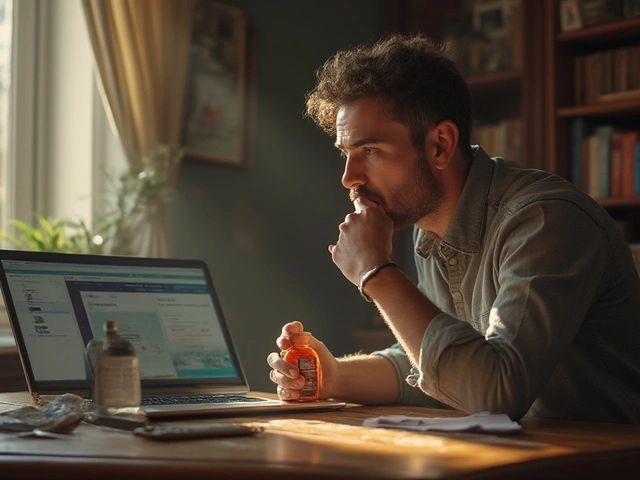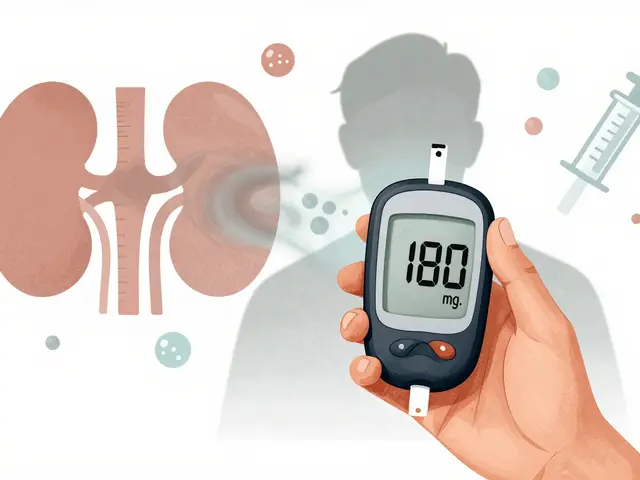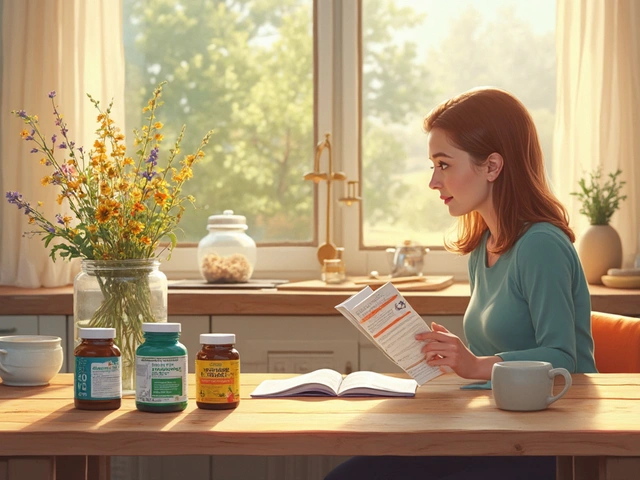Eye health: Practical tips to protect your vision
Want to keep your eyes working well as you age? Eye health isn't just about seeing clearly — it affects work, sleep, and how you enjoy life. Here are clear, useful steps you can start using today to protect your sight.
Daily habits that help
Screens are part of life, so use the 20-20-20 rule: every 20 minutes, look at something 20 feet away for 20 seconds. That reduces strain and gives your eyes a reset. Keep screens at arm’s length and lower brightness if it hurts. Blink more — rapid blinking keeps the front of the eye moist and cuts down on dryness.
Lighting matters. Avoid working in a dark room with a bright screen. Use soft room lighting and position your monitor to avoid glare. If you work outdoors or drive a lot, wear sunglasses that block 100% of UV rays to slow lens aging and lower cataract risk.
Smoke damages the tiny blood vessels in your eyes and raises the chance of macular degeneration. Quitting smoking is one of the simplest things you can do for long-term vision.
Nutrition, supplements, and medical care
What you eat shows up in your eyes. Leafy greens (spinach, kale), orange peppers, eggs, and oily fish (salmon, mackerel) provide nutrients that support retinal health. If you’re asking about supplements, the AREDS2 formula — which includes lutein and zeaxanthin, vitamin C, vitamin E, zinc, and copper — is proven to slow progression in people already diagnosed with intermediate or advanced age-related macular degeneration. Talk to your eye doctor before starting any supplement.
Dry eye is common. Over-the-counter artificial tears can help; preservative-free drops are gentler if you use them often. Omega-3 supplements may help some people, but results vary. If you wear contact lenses, follow the exact replacement and cleaning schedule from your eye care provider and never sleep in lenses unless prescribed.
High blood sugar and high blood pressure damage the retina. If you have diabetes or hypertension, control them and get regular retinal checks. Glaucoma and diabetic eye disease often show no symptoms early on, so regular exams catch trouble before it becomes serious.
When should you see an eye doctor right away? Sudden vision loss, new flashes of light, a sudden increase in floaters, severe pain, or double vision need urgent attention. For routine care, many adults should see an eye professional every 1–2 years; your provider will suggest the best schedule for you.
Medications for eye conditions exist — from prescription drops for glaucoma to antibiotics for infections — but they must match your diagnosis. Don’t self-treat a red or painful eye with someone else’s meds. Talk with your clinician or pharmacist; proper treatment saves sight.
Small changes add up. Look after your daily habits, eat well, keep chronic conditions in check, and see an eye specialist when something feels off. Your eyes will thank you.

- Feb 23, 2025
- Posted by Cillian Osterfield
Top 10 Benefits of Latanoprost for Glaucoma Patients
Latanoprost is a popular medication for managing glaucoma, offering a variety of benefits for patients. It effectively reduces intraocular pressure, which is crucial for preventing vision loss. Many people appreciate its once-daily dosing, making it a convenient choice. Overall, it provides targeted glaucoma treatment with fewer side effects compared to some alternatives.
Categories
- Health and Wellness (72)
- Medications (69)
- Health and Medicine (28)
- Pharmacy Services (12)
- Mental Health (9)
- Health and Career (2)
- Medical Research (2)
- Business and Finance (2)
- Health Information (2)
Latest Posts
©2026 heydoctor.su. All rights reserved

